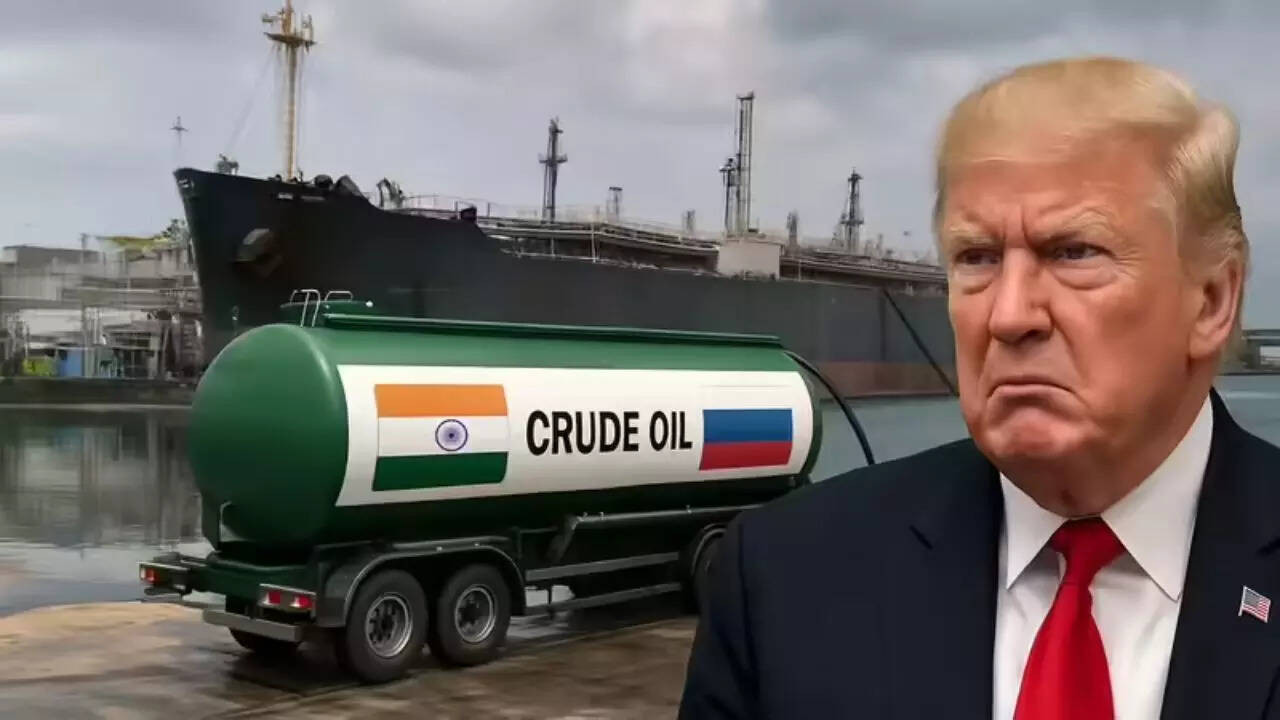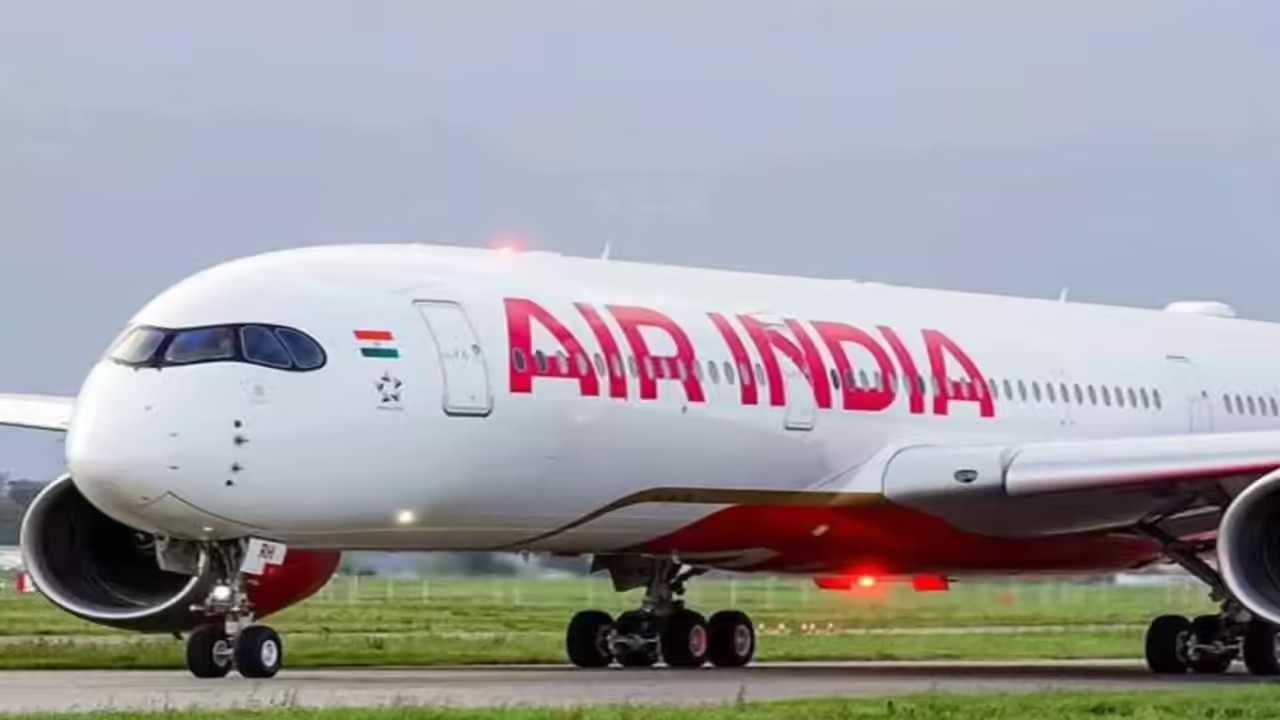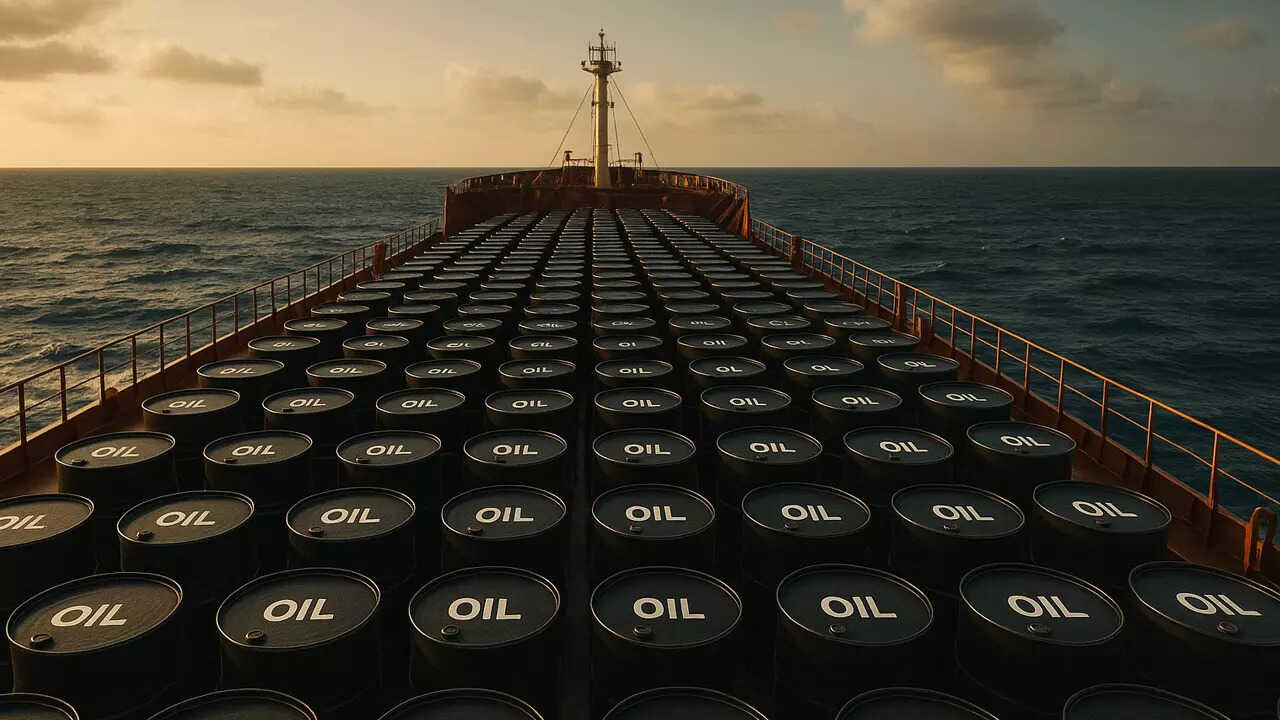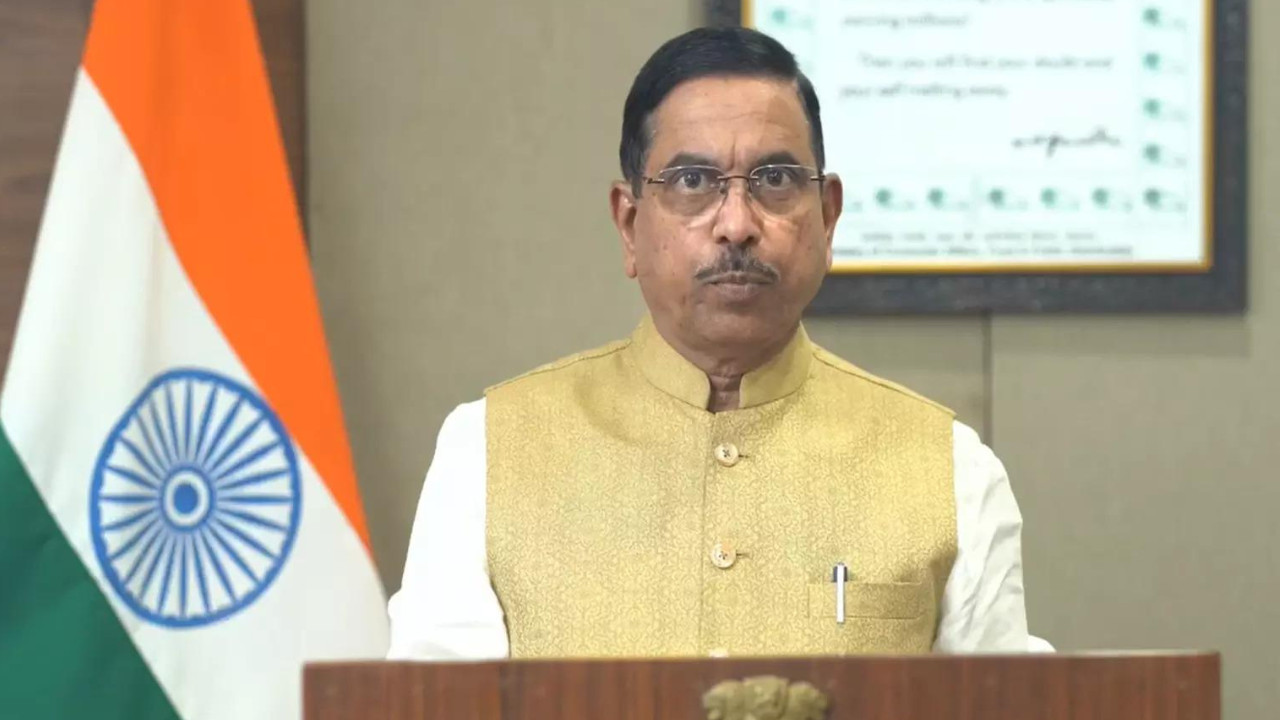Russia remains confident in its energy partnership with India, with Deputy Prime Minister Alexander Novak stating cooperation will continue despite US President Donald Trump’s claims of India halting Russian oil purchases. India reiterated its energy policies are guided by national interests and a focus on diversifying import sources for stability and affordability.
India’s Oil Future: Russia’s Confidence Amid Shifting Global Dynamics
The global energy landscape is never static. It’s a swirling vortex of geopolitical strategies, fluctuating prices, and evolving partnerships. Recently, a statement by Donald Trump suggesting a potential cooling in the relationship between Russia and India regarding oil cooperation sent ripples through the industry. However, Moscow swiftly countered, expressing strong confidence in the continuation of their robust energy partnership with India. But what does this all really mean for India’s energy security and the broader international dynamics?
The assertion from Russia came directly in response to Trump’s remarks, highlighting the Kremlin’s commitment to maintaining its standing as a key energy provider to India. The statement underscored the deep-rooted ties and mutual benefits that underpin the oil trade between the two nations, painting a picture of unwavering collaboration. The Russian side emphasized that its partners will continue to work with them, confidently dismissing any notion of an impending fracture in their cooperative endeavors.
This assurance from Russia isn’t just rhetoric; it’s backed by tangible realities. India, one of the world’s largest and fastest-growing economies, is heavily reliant on imported oil to fuel its development. Russia has emerged as a crucial supplier, offering competitive pricing and consistent volumes, factors that are highly attractive to India’s energy planners. This relationship has only deepened in recent years, particularly as India sought alternative supply routes amidst global volatility.

Why is India’s Oil Relationship with Russia So Important?
The significance of this partnership extends beyond mere economics. It has geopolitical implications that resonate across the Indo-Pacific region. India’s diversification of its energy sources is a strategic imperative, reducing its dependence on any single supplier and bolstering its energy security. Russia, in turn, benefits from a reliable and substantial buyer for its oil, mitigating the impact of Western sanctions and solidifying its position as a global energy player.
However, the relationship is not without its complexities. India is walking a tightrope, balancing its strategic partnership with Russia with its strong ties to the United States and other Western powers. Maintaining this equilibrium requires deft diplomacy and a clear understanding of its own national interests. The ongoing conflict in Ukraine has further complicated matters, placing India under increased scrutiny from Western nations.
Despite these challenges, the economic logic of the India-Russia energy partnership remains compelling. The ability to secure oil at competitive prices is crucial for India’s economic growth, especially as it strives to meet the energy demands of its burgeoning population and expanding industrial sector. This drive for affordable energy acts as a powerful glue, binding the two nations together despite external pressures. Consider, for example, India’s burgeoning renewable energy sector and how access to affordable fossil fuels allows for a smoother transition. You can learn more about India’s energy transition strategy here.
The Future of India’s Oil Sourcing
Looking ahead, the future of India’s oil sourcing will likely involve a multifaceted approach. While Russia is expected to remain a significant supplier, India will also continue to explore and cultivate relationships with other oil-producing nations. Diversification is key to mitigating risks and ensuring a stable and secure energy supply. The development of domestic energy resources, including renewable energy sources, will also play a crucial role in reducing India’s reliance on imports in the long run.
India’s energy policy is a complex equation, balancing economic needs, geopolitical considerations, and environmental concerns. Navigating this landscape requires strategic foresight and a willingness to adapt to the ever-changing global dynamics. The relationship with Russia is just one piece of the puzzle, but a particularly important one given its scale and strategic significance. The consistent message from Moscow suggests that for now, that piece will remain firmly in place.







